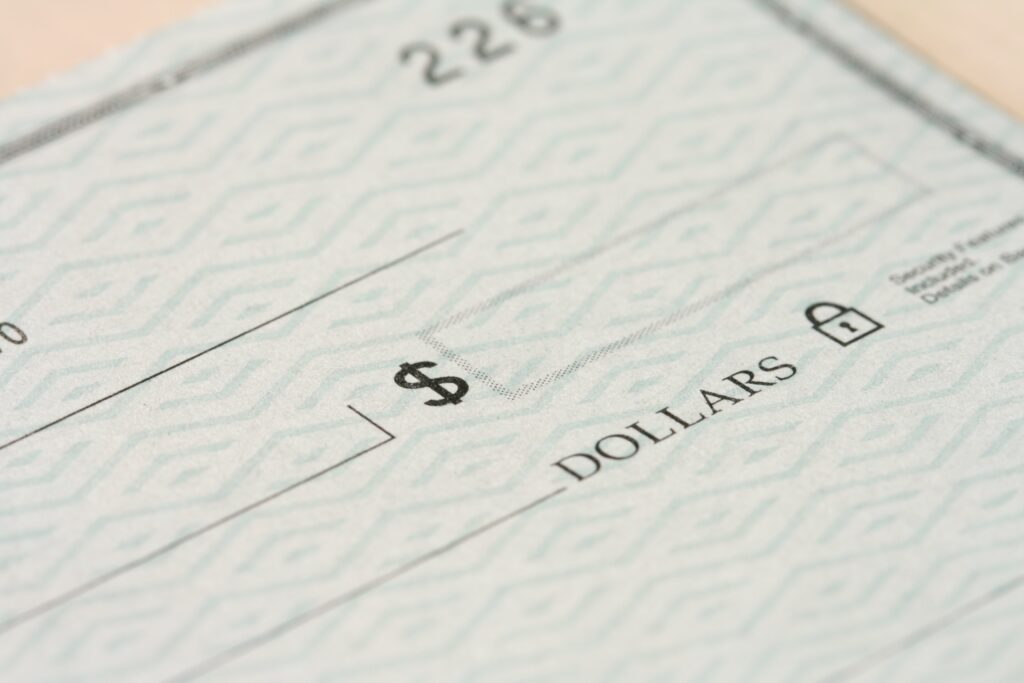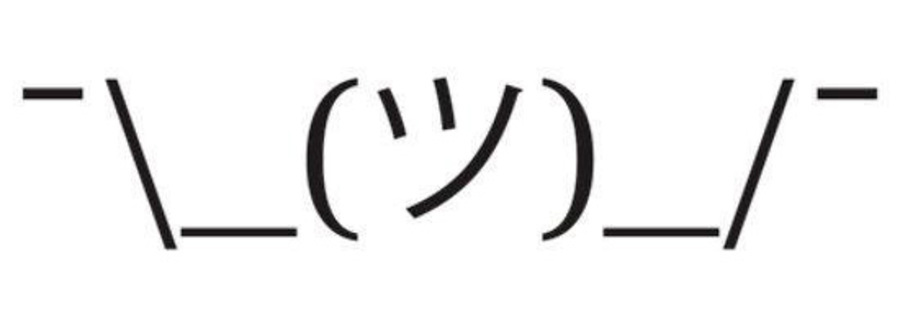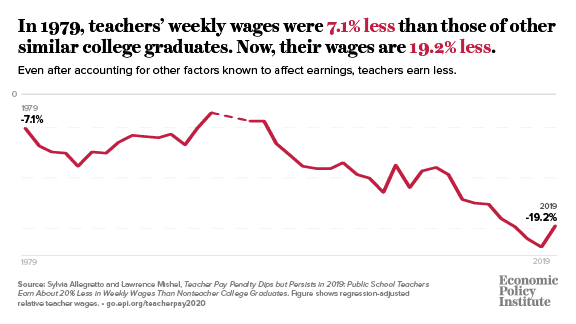Former teacher Kat Tipton writes in Education Week that free work is expected of teachers, and suggests it’s likely because a vast majority of educators are women.
When I was hired to be a 1st grade teacher, I was given absolutely no curriculum for reading or science. While my school did have a math curriculum, it was out of date from the brand new, controversial Common Core State Standards and did not match our assessments. Instead, I was told to plan with my colleagues.
This often led to me scouring the internet for good resources. While some coworkers were willing to share, they rarely sat down and explained what they were giving me, and I certainly never had the opportunity to observe them using it. I was in over my head and had no idea what I was doing.
However, there is a growing number of disdainful educators who are downright angry that teachers are daring to sell their materials on Teachers Pay Teachers. At a technology conference last summer, I heard a presenter loudly talking in the vendor expo center. I listened as he laughed and called TPT sellers the “whores of education.” In a session later that day, I learned about a website where teachers can upload their work for free for others to use.
Why are teachers expected to give away their hard work for free? The presenters in charge of the website explained that they were there to “help kids” and not themselves. I have seen this same sentiment on Twitter often. If you really cared about kids, you would just let people have the things you make rather than sell them!
But, is that fair? Do doctors who work with children give their medical advice away for free? Does Google look around, as it makes new technology for teachers, and say, “You know what? Let’s share all this with Microsoft. After all, it’s for kids!”? Can you think of a single other profession in which those in it are not given what they need to complete their job, are expected to make their own materials, and are then expected to just give those materials away to others?
No, the real problem here is that so many teachers aren’t given what they need in order to do their job—for kids—that they have to pay other teachers to get what they need. The lack of funding in our schools is shocking, and it’s no surprise that schools can’t afford up-to-date curriculum when many can’t even afford basic furniture or actual teachers.
More than three-quarters of public school teachers are women. Would we value the work done by teachers and sold online—and would we be less likely to call those who participate “whores”—if more teachers were men? The average public school teacher makes about $55,000 a year, and the majority have at least two degrees. If a teacher had a side job at American Eagle, would she still be a “whore”? Why is selling something related to teaching as a side job considered to be the worst thing a teacher can do?
MORE>
For more on education politics and policy in Tennessee, follow @TNEdReport
Your support — $5 or more today — makes publishing education news possible.








